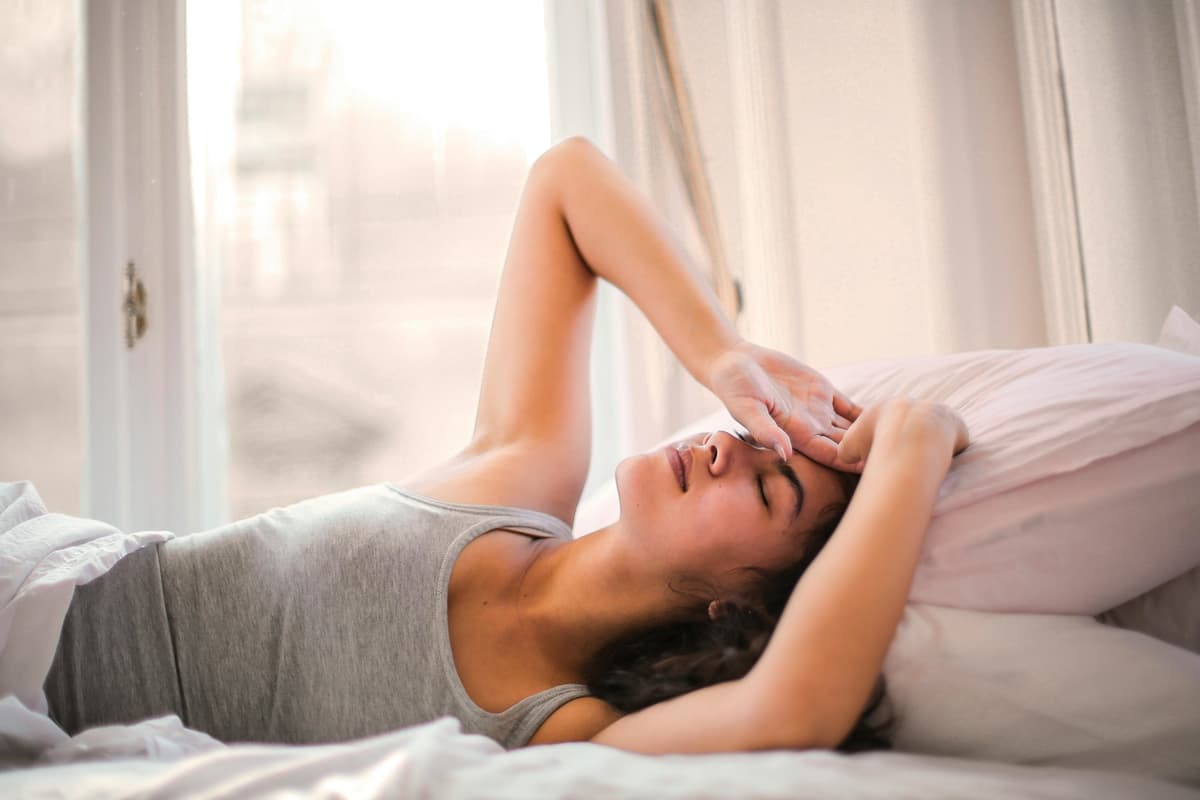By Sarah McCann
The UK is in the grip of a second heatwave with temperatures expected to reach 34C today.Thanks to the warm weather, pollen levels are expected to peak, with grass pollen at its highest levels.George Sandhu, Deputy Superintendent Pharmacist for Well Pharmacy has shared top tips for hay fever sufferers on how to manage symptoms.
Things are heating up, with temperatures expected to reach 34C today, as the UK endures its second heatwave of the year.
The UK Health Security Agency (UKHSA) issued an amber heat-health alert from midday on Friday, June 27 that lasts until 6pm on Tuesday, July 1 for the East Midlands, South East and East of England.
A less severe, yellow warning is in place Yorkshire and Humber and the West Midlands for the same period.
But it’s not just the sweltering weather, hay fever sufferers are facing a truly miserable time of it, with pollen levels set to peak.
The hot weather combined with grass pollen at its highest levels is expected to create a “worst of both worlds” scenario for the nation’s 16 million hay fever sufferers.
To make matters even worse, a prolonged dry spell, breezy conditions and a lack of recent rainfall to wash away the pollen suggests more microspores are in the air at the moment.
The South East, East of England, the East Midlands, West Midlands and Yorkshire and Humber are expected to be the worst-hit regions with “very high” pollen today – while levels across the rest of the UK are mostly “high”.
Pollen levels are predicted to decrease from tomorrow, though remain high across the South East, South West and East of England.
Now, a leading pharmacist from Well Pharmacy, has shared his advice for sufferers on how to ease hay fever symptoms.
What is hay fever?
Hay fever, also known as allergic rhinitis, occurs when your nose gets irritated by something you’re allergic to including pollen, causing sneezing and other symptoms. Whilst, it is unpleasant, for most people it can be treated with medicine from a pharmacist.
What are the symptoms of hay fever?
Symptoms of hay fever include sneezing, a runny nose and itchy eyes, although it is advised to avoid itching the eye area as this can make you scratch even more.
How to ease hay fever symptoms
Today (June 30) could be the “worst day of the year for hay fever sufferers”, says George Sandhu, Deputy Superintendent Pharmacist for Well Pharmacy.
George explains: “High heat and pollen are the worst of both worlds for sufferers, who should consider limiting their time outside, keeping their windows closed and taking antihistamines.
“My best advice to sufferers is to start taking your antihistamines right now, even if you have no symptoms yet. The earlier you take them, the more your body will be prepared to fight.”
Here are George’s six tips for hay fever sufferers on how to ease their symptoms.
Monitor the pollen count
To help prepare for the day ahead, George recommends doing a daily pollen count check, so you know when you are most at risk.
Limit your time outdoors
With the good weather it’s tempting to spend more time outside, however George advises against this, explaining that the time of day you enjoy the great outdoors can have an impact on how pollen will impact you
George says: “Pollen levels peak in the morning and evening, so be sure to avoid being outside then, or if necessary, only for short periods of time.”
Keep windows closed
Opening all your windows to let the air in might sound like a good idea, but you may be unknowingly letting pollen into your home. George says: “Keep both home and car windows closed to reduce pollen entry. Use your air con rather than risk inhaling pollen particles.”
Change your clothes regularly
If you’ve been enjoying time outdoors, it’s important to get changed as soon as you come home to prevent bringing pollen into your house. George says: “Pollen attaches itself to clothing when you are outside and can stay on your clothes all day. Be sure to shower and change your clothes after being outside to wash off any pollen that remains.”
Wraparound shades
Sunglasses are one way you can help protect your eyes from pollen. George recommends “wraparound sunglasses”, which can shield and protect your eyes.
George says: “Sunglasses create a physical barrier between your eyes and the pollen, reducing the amount that can come into direct contact with your eyes, reducing irritation, itching, and redness, which are common hay fever symptoms.
“Also, with sunglasses, you’re less likely to rub your eyes due to irritation from allergens, which can worsen the symptoms and lead to further inflammation or infection.”
Consult a pharmacist
If you are suffering from hay fever it’s best to speak with your local pharmacist who can help you find the most suitable treatment for your symptoms.
You can find about the symptoms of hay fever and what treatment options are available at NHS.UK.
